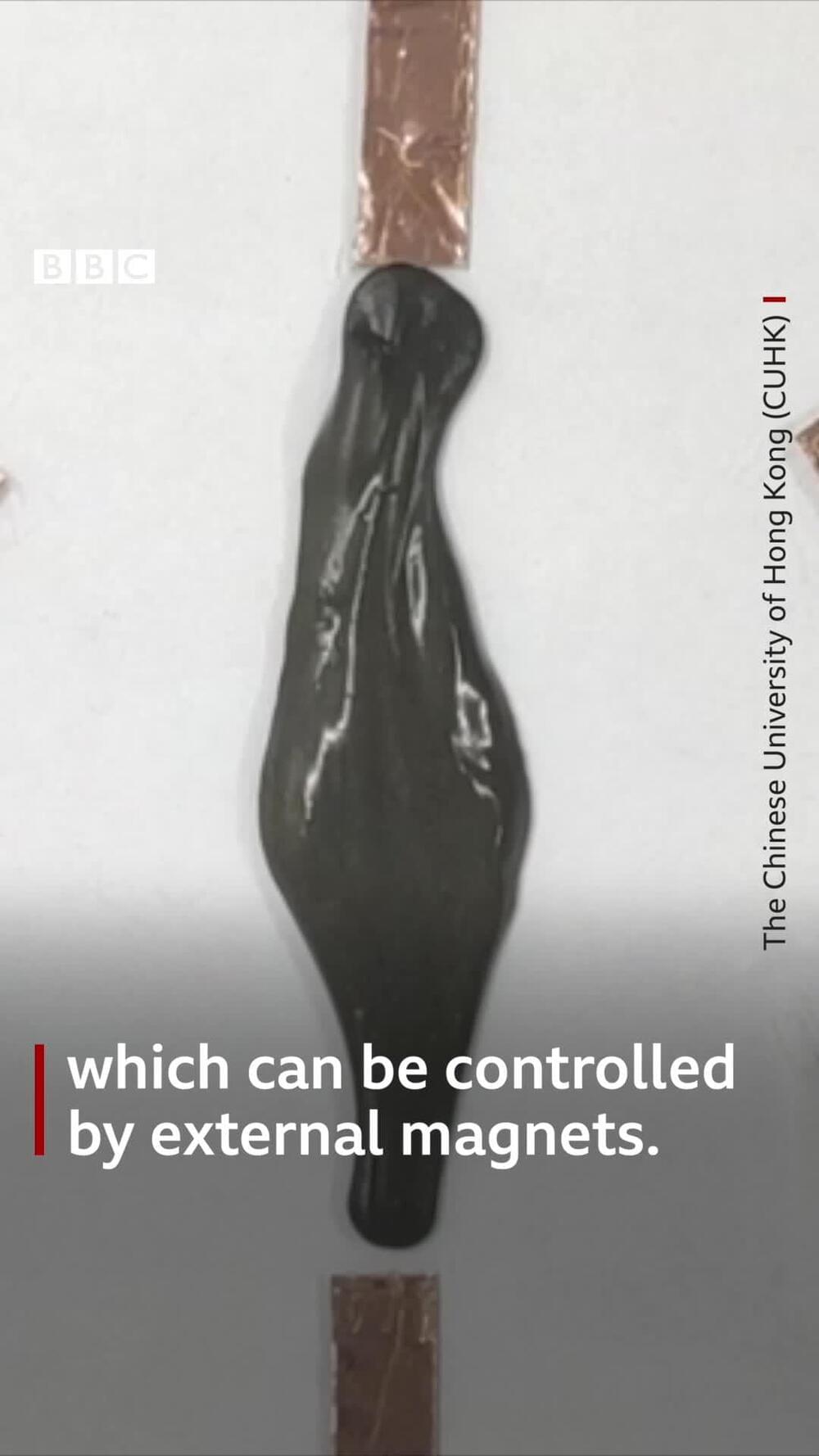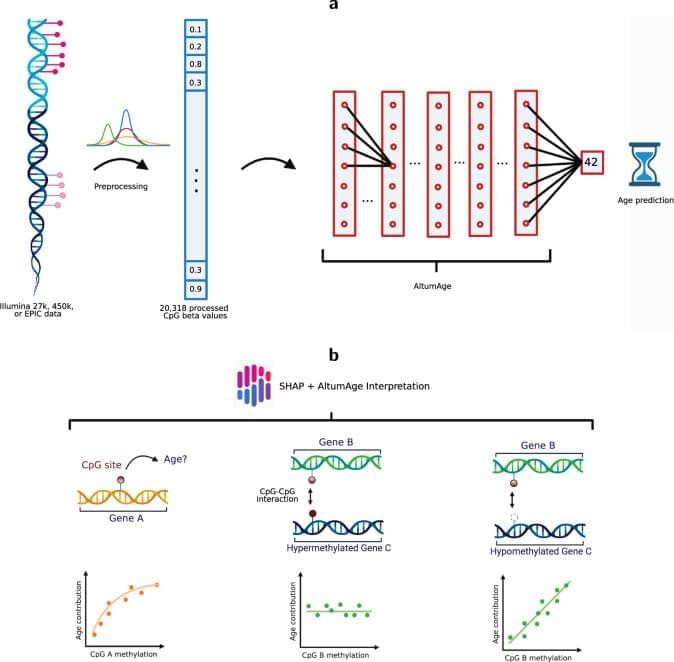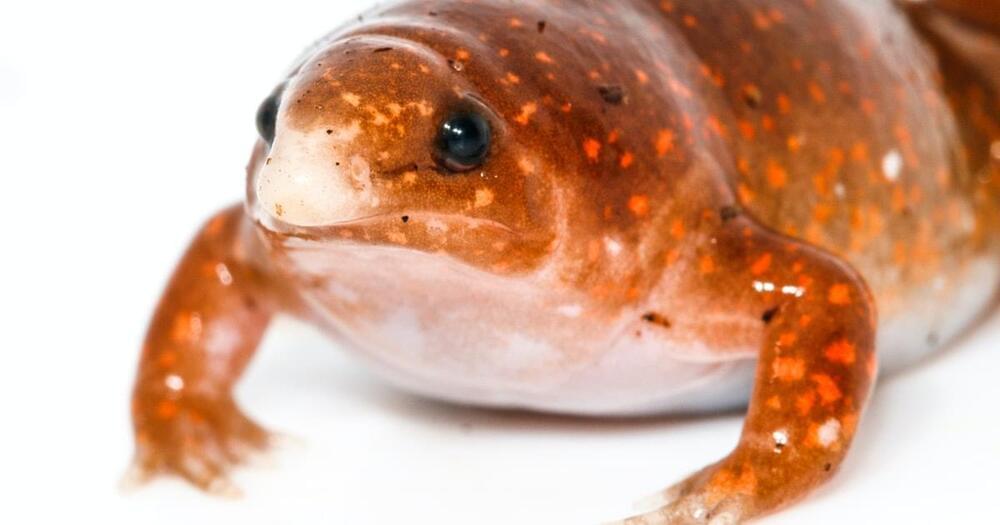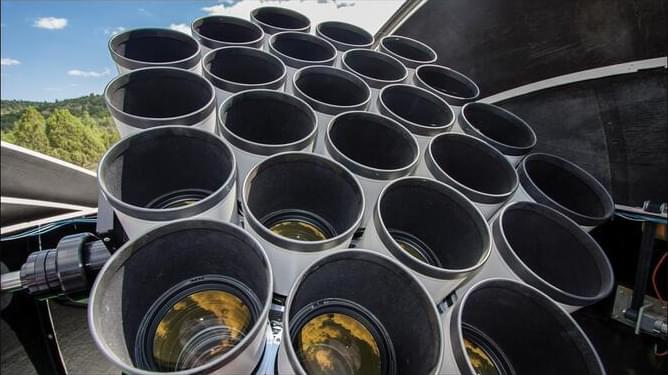Weber State’s new augmented reality sandbox uses 3D sensors and a projector to instantly display topographic maps on to the sand. The display moves with the sand, adjusting for different elevations, features, and weather events.




Next, we aimed to determine whether the model type, i.e., a linear regression vs. a neural network, would significantly impact the performance. We, therefore, compared the aforementioned linear models with the neural network AltumAge using the same set of features. AltumAge outperformed the respective linear model with Horvath’s 353 CpG sites (MAE = 2.425 vs. 3.011, MSE = 32.732 vs. 46.867) and ElasticNet-selected 903 CpG sites (MAE = 2.302 vs. 2.621, MSE = 30.455 vs. 39.198). This result shows that AltumAge outperforms linear models given the same training data and set of features.
Lastly, to compare the effect of the different sets of CpG sites, we trained AltumAge with all 20,318 CpG sites available and compared the results from the smaller sets of CpG sites obtained above. There is a gradual improvement in performance for AltumAge by expanding the feature set from Horvath’s 353 sites (MAE = 2.425, MSE = 32.732) to 903 ElasticNet-selected CpG sites (MAE = 2.302, MSE = 30.455) to all 20,318 CpG sites (MAE = 2.153, MSE = 29.486). This result suggests that the expanded feature set helps improve the performance, likely because relevant information in the epigenome is not entirely captured by the CpG sites selected by an ElasticNet model.
Overall, these results indicate that even though more data samples lower the prediction error, AltumAge’s performance improvement is greater than the increased data effect. Indeed, the lower error of AltumAge when compared to the ElaticNet is robust to other data splits (Alpaydin’s Combined 5x2cv F test p-value = 9.71e−5).

Sun, Sep 11 at 12 PM CDT.
This is an invitation to the Annual General Meeting of the Cryonics Institute & the Immortalist Society.
The Cryonics Institute’s Annual General Meeting (AGM) will be held on Sunday, September 11th 2022 from 3:00pm to 6:30pm at the Infinity Hall & Sidebar 16,650 E. 14 Mile Rd, Fraser, MI 48,026 (USA). For more information visit www.infinityhallsidebar.com
Or call (586) 879‑6157.




The end, when it came, came suddenly. An asteroid or comet 10 kilometres across slammed into the Gulf of Mexico, gouging a 180-kilometre crater and unleashing firestorms, eruptions and mega-tsunamis across the globe. The debris blocked out the Sun for years. The dinosaurs – and the other 75 per cent of life that went down with them – didn’t stand a chance.
The story of the demise of the dinosaurs 65 million years ago is well known. But that of their origin is less so. Dinosaurs were the dominant animals on land for at least 135 million years, the longest reign of any group. Had the impact not happened, they might still be in control. Where did these magnificent beasts come from?

April, 2022
Sean Carroll (Caltech and Santa Fe Institute)
https://simons.berkeley.edu/events/causality-program-externa…-institute.
Causality.
Abstract:
A macroscopic arrow of time can be derived from reversible and time-symmetric fundamental laws if we assume an appropriate notion of coarse-graining and a Past Hypothesis of low entropy at early times. It is an ongoing project to show how familiar aspects of time’s arrow, such as the fact that causes precede effects, can be derived from such a formalism. I will argue that the causal arrow arises naturally when we describe macroscopic systems in terms of a causal network, and make some suggestions about how to fit prediction and memory into this framework.
Sean Carroll is a Research Professor of theoretical physics at the California Institute of Technology, and Fractal Faculty at the Santa Fe Institute. He received his Ph.D. in 1993 from Harvard University. His research focuses on foundational questions in quantum mechanics, spacetime, cosmology, emergence, entropy, and complexity, occasionally touching on issues of dark matter, dark energy, symmetry, and the origin of the universe. Carroll is the author of Something Deeply Hidden, The Big Picture, The Particle at the End of the Universe, From Eternity to Here, and Spacetime and Geometry: An Introduction to General Relativity. He has been awarded prizes and fellowships by the National Science Foundation, NASA, the Sloan Foundation, the Packard Foundation, the American Physical Society, the American Institute of Physics, the American Association for the Advancement of Science, the Freedom From Religion Foundation, the Royal Society of London, and the Guggenheim Foundation. Carroll has appeared on TV shows such as The Colbert Report, PBS’s NOVA, and Through the Wormhole with Morgan Freeman, and frequently serves as a science consultant for film and television. He is host of the weekly Mindscape podcast. He lives in Los Angeles with his wife, writer Jennifer Ouellette.